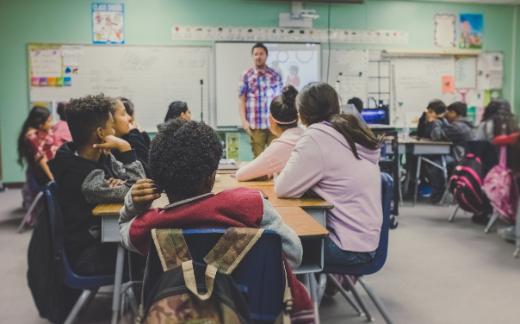How can we prepare students for jobs that have not yet been created, to tackle societal challenges that we can’t yet imagine, and to use technologies that have not yet been invented? How can we equip them to thrive in an interconnected world where they need to understand and appreciate different perspectives and world views, interact respectfully with others, and take responsible action towards sustainability and collective well-being?
Recognising the urgent need to open a global discussion about education, in 2015 the OECD launched the “Future of Education and Skills 2030” project (Education 2030, transitioning to Education 2040). The project aims to support countries in adapting their education systems by considering the types of 21st century competencies (knowledge, skills, attitudes, and values) that students and teachers need to thrive in the future. To this end, the Project promotes two strands of work:
Strand 1: Learning and Teaching for 2030
In this concept and vision-making strand of work, the project engages multiple stakeholders (governments, school leaders, teachers, students, researchers, social partners, etc.) in a global dialogue to develop a common language/vision that captures shared aspirations for a better future of education. As a result, the OECD Learning Compass has been co-created to represent the types of competencies deemed important for students to thrive in the future. Similarly, the OECD Teaching Compass is currently under development to outline the types of competencies teacher will need in order to empower their students to shape a better future.
Strand 2: International Curriculum Analysis
In this strand of work, the project promotes an integrated view of future curriculum design, implementation, and evaluation. It conducts comparative analyses on curriculum issues that are highly relevant and should be prioritized in making the vision of education (OECD Learning Compass) a reality. The analyses include trends in curriculum redesign, innovations in curriculum implementation and evaluation, as well as lessons learned from countries on curriculum reform.










